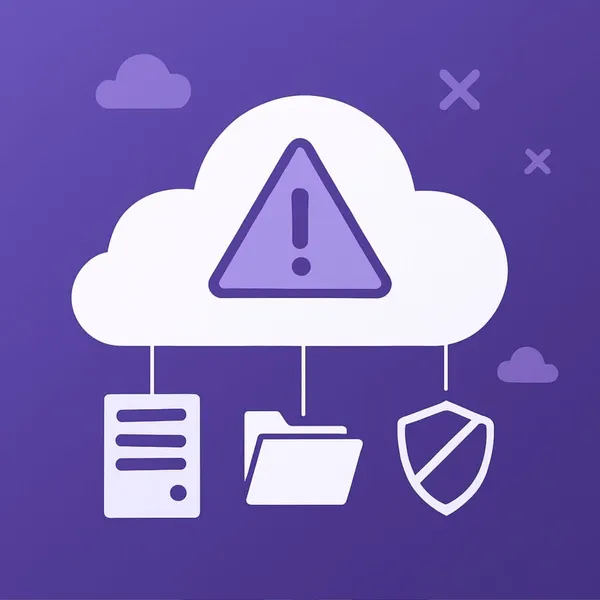
Knowledge base
November 03, 2024
3 Essential Settings for Retention Labels in Microsoft Purview
Microsoft Purview is the solution for organizations that want to manage and secure their data¹. Retention labels play a crucial role in this by determining how long information is retained and when it can be deleted. But what makes a retention label effective? Here are 3 essential settings you absolutely must not miss! 🔒
1️⃣ Retention Period Setting
The heart of any retention label is the retention period. This determines how long a document or e-mail should be retained.
- 📅 Choice options:
- A specific period of time (for example, 7 years).
- Until an action or event occurs (for example, a project closure).
- ✅ Tip: Consider legal and compliance requirements when setting retention periods.
This setting ensures that you comply with regulations and avoid data overload. 🗂️
2️⃣ When Does the Retention Period Start?
The start date determines when the retention period takes effect. This is important for consistency in your data management.
- 📌 Options:
- Creation date: The date a file or e-mail was created.
- Last change date: For more flexibility if documents are updated later.
- 🧠 Practical consideration: Choose the option that best suits your business processes.
A clear start date prevents data from being kept too long or too short. ⏳
3️⃣ Actions at the End of the Retention Period.
What happens when the retention period has expired? This is where the magic of automation comes into play! ⚙️
- 🚮 Automatic deletion: Ideal for clearing excess data and saving storage costs.
- 📥 Retain and review: For sensitive or important data, you can set that a review is required before deletion.
- 🔍 Legal Hold: Some documents should never be deleted, even after the retention period.
With these options, you maintain control over critical data while automatically cleaning up less important files². 🌟
Why Retention Labels? 🤔
Retention labels are an essential part of a good information management strategy. They help you:
- Reduce risks (e.g., data breaches).
- Meeting legal obligations.
- Keeping an overview of vast amounts of data.
How do you implement these settings in Purview? 💡
- Plan: Analyze your business processes and compliance requirements.
- Test: Roll out a retention label first in a limited environment.
- Train: Make sure employees understand how labels work.
These steps will help you get the most out of Microsoft Purview. ✅ If you need help implementing Microsoft Purview and Retention labels, feel free to contact us.
References
¹https://www.microsoft.com/security/business/microsoft-purview
²https://learn.microsoft.com/purview/retention
About the author
My name is Alta Martes, a specialist in Microsoft 365 and Google Workspace, with a focus on modern workplace management, cloud security and identity & access management. With years of experience, I help organizations optimize their IT infrastructure and create a secure, efficient digital workplace. 🎯 Need help with your Microsoft 365 strategy?
Click below and find out how we can support your organization:
Want to know more?

Related
blogs
Tech Updates: Microsoft 365, Azure, Cybersecurity & AI – Wekelijks in je Mailbox.



